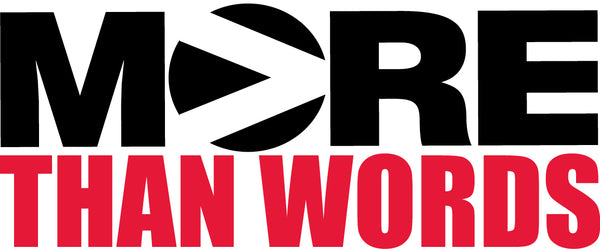Beacon Press
Young, Gifted, and Black: Promoting High Achievement Among African American Students
Young, Gifted, and Black: Promoting High Achievement Among African American Students
- Author: Claude TheresaSteele
- Binding: Paperback
- Publisher: Beacon Press
- Published: 2004-02-02
Couldn't load pickup availability
In three separate but allied essays, Theresa Perry, Claude Steele, and Asa Hilliard place students’ social identity as African-Americans at the very center of the discussion. They all argue that the unique social and cultural position Black students occupy, in a society which often devalues and stereotypes African American identity, fundamentally shapes students’ experience of school and sets up unique obstacles. And they all argue that a proper understanding of the forces at work can lead to practical, powerful methods for promoting high achievement at all levels.
Theresa Perry argues that African-American students face dilemmas, founded in the experience of race and ethnicity in America, that make the task of achievement distinctive and difficult. (For instance: “How do I commit myself to achieve, to work hard over time in school, if I cannot predict when or under what circumstances this hard work will be acknowledged and recognized?”) She uncovers a rich and powerful African- American philosophy of education, historically forged against such obstacles and capable of addressing them, by reading African-American narratives from Frederick Douglass to Maya Angelou. She carefully critiques the most popular theoretical explanations for group differences in achievement. And she lays out how educators today—in a postcivil rights era—can draw on theory and on the historical power of the African—American philosophy and tradition of education to reorganize the school experience of African—American students.
Claude Steele reports stunningly clear empirical psychological evidence that when Black students believe they are being judged as members of a stereotyped group rather than as individuals, they do worse on tests. He finds the mechanism, which he calls “stereotype threat,” to be a quite general one, affecting women’s performance in mathematics, for instance, where stereotypes about gender operate. He analyzes the subtle psychology of stereotype threat and reflects on the broad implications of his research for education, suggesting techniques—based again on evidence from controlled psychological experiments—that teachers and mentors and schools can use to counter stereotype threat’s powerful effect. Asa Hilliard’s ends essay, against a variety of false theories and misguided views of African American achievement, and focuses on actual schools and programs and teachers around the country that allow African-American students achieve at high levels, describing what they are like and what makes them work.
Young, Gifted, and Black will change the way we think and talk about African American student achievement and will be necessary reading on this topic for years to come.
The More Than Words double bottom line: Every purchase provides hands on job training opportunities, and all revenue supports our nonprofit to empower youth to take charge of their lives.
Shipping Info
Shipping Info
We offer standard and express shipping starting at $5.99. Live local? We offer local pickup on select items at our Boston Store and Mobile Bookstore location.
Returns
Returns
We accept returns within 30 days of purchase for a refund. Simply reach out to us if you have any trouble with your order.
Care Instructions
Care Instructions
We are here to help with any questions or concerns you may have at any time. Reach out to us and we can't wait to help!

can't find what you are looking for...
Join our list to learn more about our mission We promise never to sell your information to another party and we promise we won't spam your inbox!

